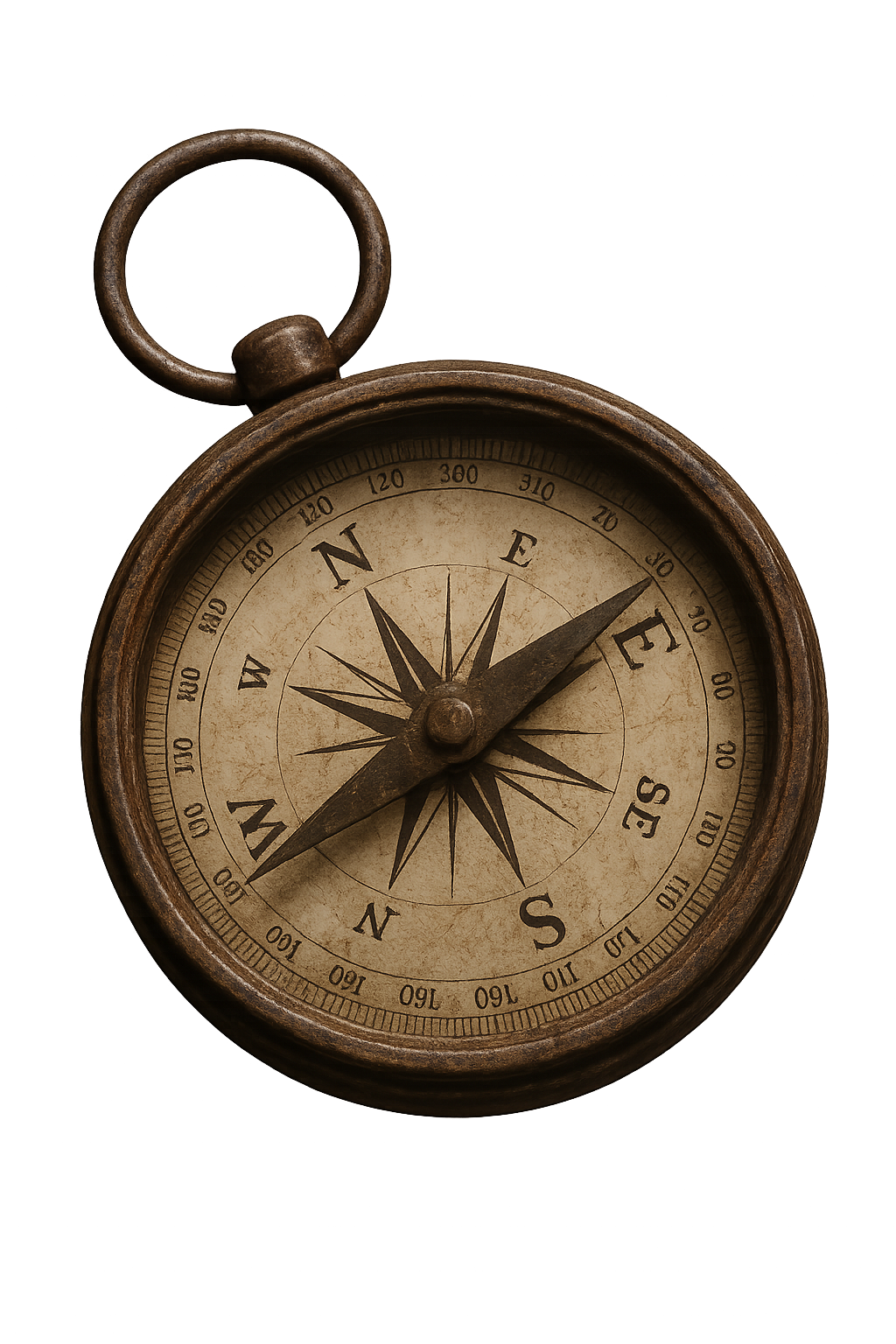When winter shows its wildest side, understanding how storms form — and recognizing the early warning signs — can be the difference between safety and disaster. A winter storm isn’t just about snow; it’s a complex mix of wind, freezing rain, and rapidly falling temperatures that can test even the most prepared survivalist.
🌨️ What Exactly Is a Winter Storm?
A winter storm is a powerful weather system that brings heavy snow, sleet, or ice — sometimes all at once. These conditions can knock out power, block roads, and make even short trips dangerous.
There are several types of winter storms you should know:
-
Blizzard: Strong winds (35 mph or more) and near-zero visibility for hours.
-
Ice Storm: Layers of freezing rain coating everything in slick ice — trees, roads, and power lines.
-
Snow Squall: Sudden bursts of intense snow that can blind you within seconds.
Recognizing which kind is coming helps you decide your next move — whether to stay home, stock up, or evacuate if conditions get severe.
🛰️ Recognizing Early Warning Signs
Nature and technology both give clues before a storm hits. Pay attention to:
-
Weather Alerts: Monitor local radio, smartphone apps, or a NOAA weather radio for “Winter Storm Watch” or “Blizzard Warning” notifications.
-
Temperature Drops: A sudden, sharp drop often means cold fronts are moving fast.
-
Wind Shifts: Gusty winds from the north or northwest often precede a snowstorm.
-
Halo Around the Moon or Sun: A subtle ring in the sky can indicate ice crystals forming — a common precursor to snow.
Preparation starts with observation. Those who notice the warning signs early have precious extra hours to prepare supplies, secure shelter, and avoid danger.
⚠️ The Power of Awareness
Most people get caught off guard not because storms are unpredictable — but because they ignore the signals. Understanding how to read the sky, check forecasts, and plan ahead turns chaos into calm.

